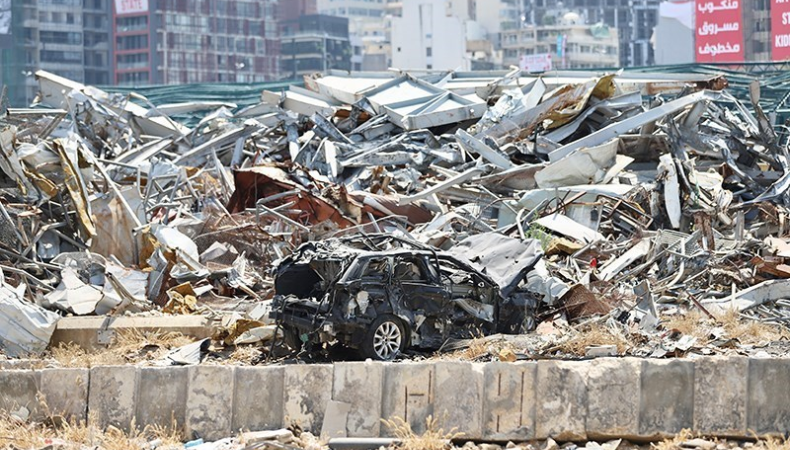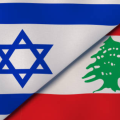Beirut’s Struggle for Resilience Amidst Crisis and Conflict

The terrible August 4, 2020 explosion in Beirut’s dock permanently changed the capital of Lebanon and changed the way its people live. Among those mostly impacted was 75-year-old Georges Abi Khalil, who was thrown from his bed when 2,500 tons of ammonium nitrate exploded. At least 220 people dead, more than 7,000 injured, and the terrible blast is thought to have caused losses of $4 billion all around the city.
An abandoned city behind us
Georges and his wife Afaf share a small one-bedroom apartment and are still adjusting four years after the explosion. Sharing the rapid aid they got from their church and other non-governmental organizations helps them to show the community’s resilience against calamity. “You wouldn’t believe how many people came out to help us,” Georges says, praising the solidarity born of the ruins.
Solving Financial Problems
Their problems were aggravated by the protracted economic crisis starting in 2019 destroying their life savings. Georges and Afaf are among the several Beirutites still in need of help as the crisis now in its fifth year unfolds. Still, the once easily obtained assistance has reduced drastically. A sober reminder of the mounting tensions in the area, the sonic booms of Israeli aircraft disrupt the close mood Georges is exploring. The gasp of Afaf at the sound catches the general worry of a people worried about a fresh conflict beginning.
The Personal Price Paid for War
Beirut smells most definitely of the strain of conflict. The Lebanese government believes that a likely conflict could drive quarter of the population to flee. “We’re so tired,” Afaf says in a straightforward but somewhat moving manner. Negotiating a war is impossible; this expresses the tiredness and hopelessness people experience. The psychological and physical effects of the ongoing fear of conflict are severe, therefore aggravating still another degree of agony to a people already crippled by economic crisis.
An instinctive system of support
A World Bank study shows that 44% of impoverished Lebanese citizens currently triple the number they were ten years ago. Like many of their friends, Georges and Afaf lack welfare backing or pension. Daily hot lunch is served by local charity Loubnaniyoun, which also helps with medical needs. Even this lifeline is undermined when donor tiredness causes a 50% drop in charitable money. It becomes progressively more crucial given the warning of the International Monetary Fund in March 2023 of Lebanon mired in “a never-ending crisis”.
Prepare for the worst
Environment Minister Nasser Yassin is organizing projects to create a government backup plan in expectation of upcoming war. The plan called for 1.2 to 1.5 million displaced people who would need food, housing, cleanliness, and other The obvious disparity between the state of the economy now and the 2006 Israel-Hezbollah war highlights Yassin’s worries. In 2006, individuals seemed to have money in the banks. “They might withdraw some thousand dollars and rent a venue for a few months.” These days, public-sector pay cut and the value of the Lebanese pound dropped 98% since 2019 makes such decisions impossible.
Last but most importantly: Demand global support
The course of events in Lebanon reminds us powerfully of the human cost of protracted crises and the pressing need of continuous worldwide support. Beirut’s citizens remain remarkably resilient while it fights the twin challenges of likely violence and economic ruin. This is a call to the world to support Lebanon so that the lighthouse of hope stays brilliant within the shadow of suffering.





